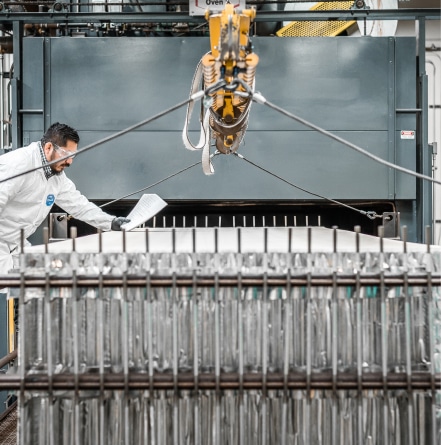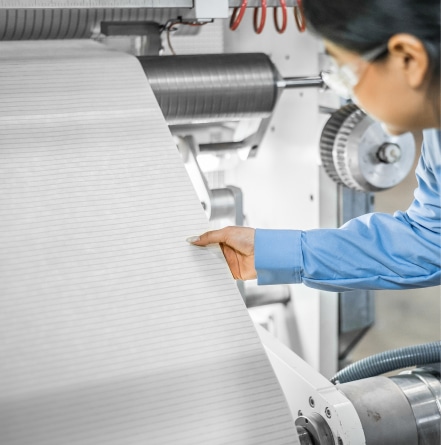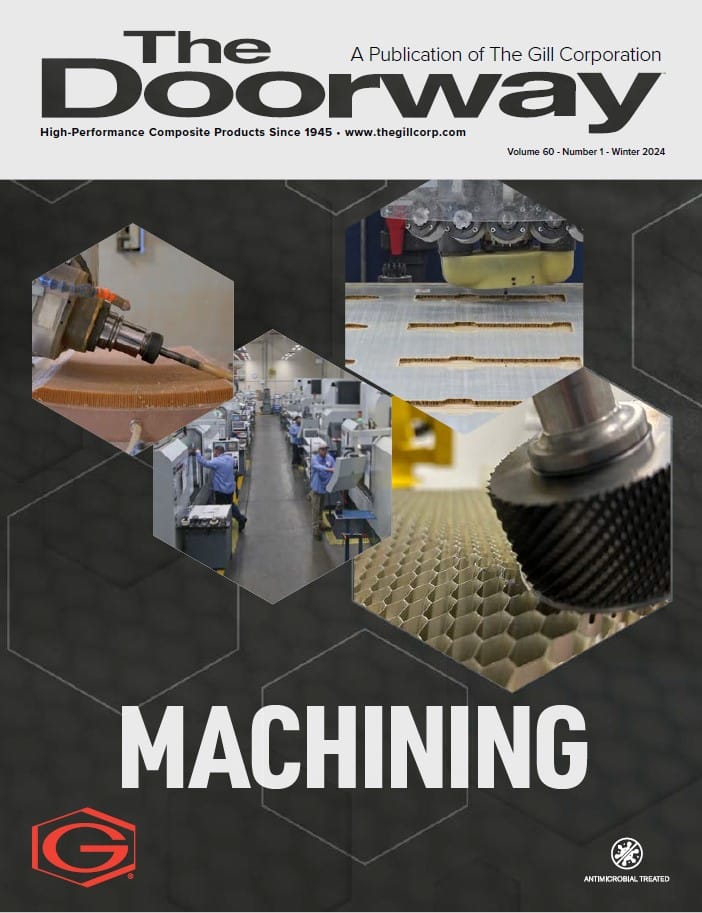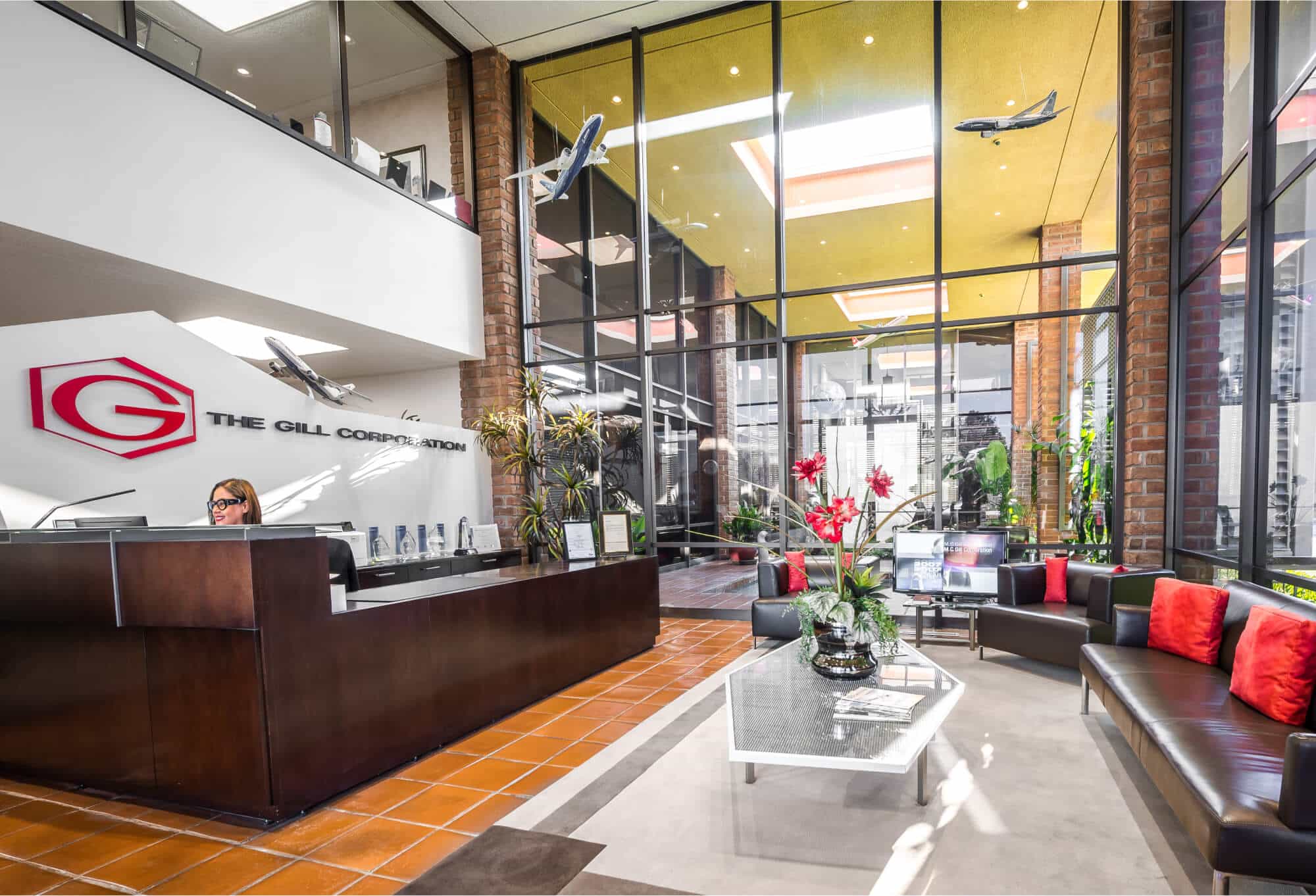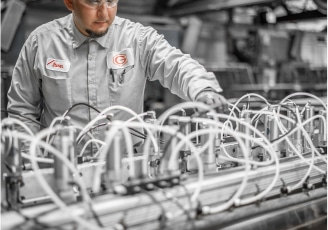Almost four decades ago, Airbus Industries introduced the A320, a twin-engine, single-aisle aircraft for the medium-range market.
With groundbreaking technical innovations like fly-by-wire, side stick controls, flight envelope protection, and cockpit commonality, the A320 quickly became Airbus’s most significant contribution to commercial aviation. This aircraft sparked the interest of airlines worldwide and helped establish Airbus as one of the world’s leading commercial airframe manufacturers.
Since 1988, The Gill Corporation (TGC) has been an essential partner of Airbus, qualifying its first proprietary floor panel design with the company that year. Since then, TGC has expanded its product portfolio to include a full range of cabin and cargo floor panels, cargo lining panels and laminates, h-profiles, cargo repair patches, and honeycombs. TGC’s honeycombs are sold to Airbus Tier 1 suppliers for OEM production, while its floor panels and cargo lining products are qualified exclusively for the airline aftermarket.
What sets TGC apart from other suppliers is its commitment to innovation and superior quality. TGC’s proprietary designs go beyond OEM specifications to deliver maximum in-service durability, making them the go-to choice for airlines looking for reliable aftermarket products. TGC is dedicated to supporting its customers, not just with OEM-qualified panels, but also with innovative designs approved under Supplemental Type Certificate (STC).
TGC’s product design is constantly improving thanks to feedback from its customers. By putting its customers’ needs first, TGC has become a trusted partner of the aviation industry. Whether it’s cabin and cargo floor panels, cargo liners, or honeycombs, TGC’s commitment to quality and innovation has made it a reliable supplier for airlines around the world.

OEM vs TGC Aftermarket: Which Design Reigns Supreme?
TGC takes pride in offering aircraft cabin and cargo solutions that are Form, Fit and Function equivalent to Airbus OEM products.
But what sets TGC’s qualified aftermarket designs apart are the proprietary innovations that exceed the minimum requirements established by the Airbus Technical Specification.
For instance, while the OEM BCC2 bulk cargo panel has an eight-millimeter-thick aluminum top sheet, TGC’s Gillfab® 4223 features glass-reinforced facings that offer superior strength without the need for an aluminum overlay. This is just one example of how TGC’s designs go above and beyond to provide maximum in-service durability.
TGC’s commitment to supporting airlines and MROs doesn’t stop at offering superior products. TGC’s semi-finished sheet stock manufacturing process provides customers with the flexibility and cost savings potential to fabricate replacement floor panels and cargo liners in-house. TGC also provides detailed instructions for fabrication in TGC Report No. IRM 9701 and AIM 2001, ensuring that customers can produce replacement panels to the same high standards as TGC’s own products.
So, if you’re looking for cabin and cargo solutions that not only meet but exceed OEM standards, look no further than TGC.
Mastering the Cargo Environment
Cargo compartments can experience vastly different conditions depending on the aircraft configuration, number of cycles, loading system, type of cargo, and climate.
While OEM designs prioritize cost and weight, real-world conditions often surpass the strength of the original floor panel and cargo liner designs. As a result, airlines frequently upgrade OEM materials to enhance in-service durability and decrease maintenance expenses.
Bulk cargo compartments, found on single-aisle aircraft with short, high-cycle routes, are particularly challenging. Baggage handlers often toss or slide luggage across the floor panels when repositioning cargo, making it necessary for bulk cargo panels to withstand dynamic loads and offer superior impact and abrasion resistance.
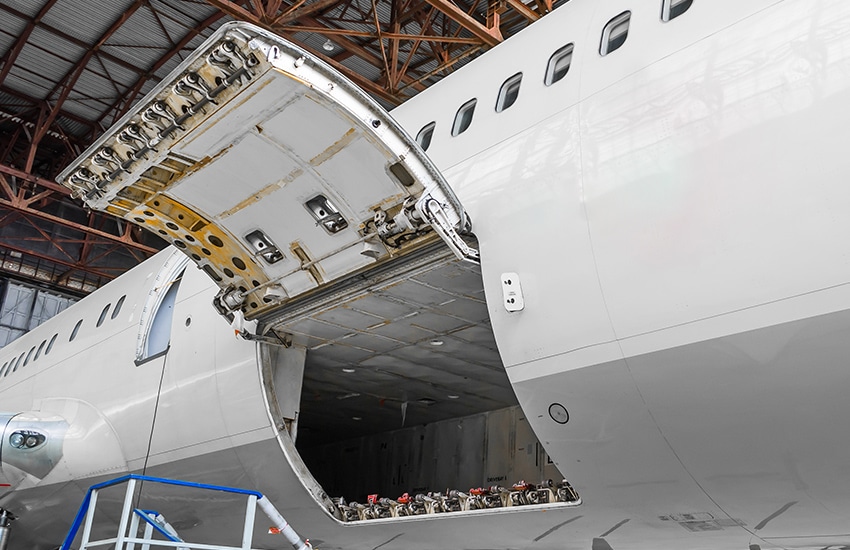
Revolutionized Bulk Cargo Transportation
TGC has a long history of designing bulk cargo floor panels that utilize different resin matrices, types and amounts of fiber reinforcement to meet rigorous in-service conditions.
Our asymmetrical bulk cargo floor panel designs provide localized strength to the top facing, without the added cost and weight of a balanced construction.
Our Gillfab® 4223 and 4523 bulk cargo floor panels, qualified to Airbus Technical Specification 5360 M1M 000500, offer significant benefits. Gillfab® 4223, with .050/.020” woven S-glass reinforced phenolic facings bonded to a 9.0 pcf meta-aramid honeycomb core, has twice the impact resistance of the Airbus BCC1 panel and surpasses the impact strength of both the BCC2 and BCCS6 panels. Gillfab® 4523, featuring .060/.025” facings of a combination of unidirectional and woven S-glass reinforced phenolic bonded to a 9.0 pcf meta-aramid honeycomb core, offers a 20% higher impact strength than the OEM BCCS8 panel.
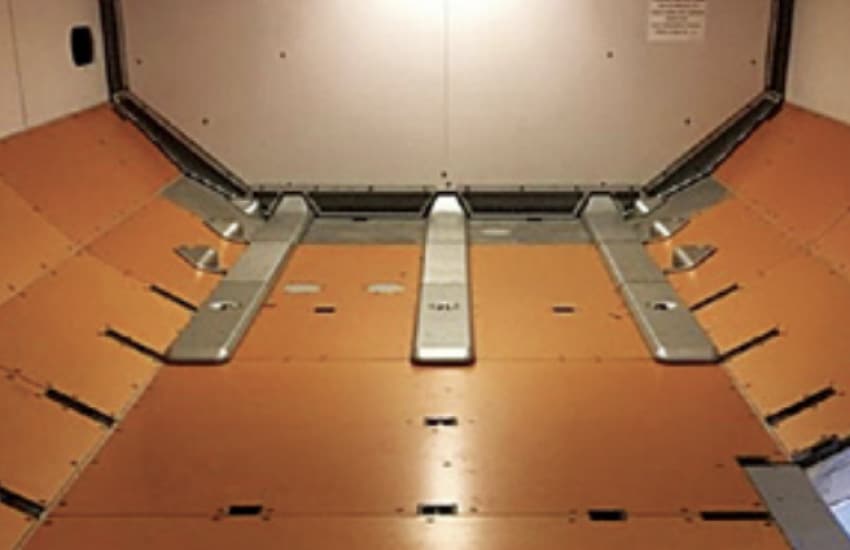
A Better Alternative to OEM Panels
In 2004, TGC received a request from domestic airline customers to develop a better alternative to the OEM BCC2 panel.
The airlines wanted a panel that would have superior impact resistance and load-bearing properties while optimizing weight and cost. TGC’s R&D group came up with Gillfab® 4321, which combines unidirectional E-glass and S-glass reinforcement with a proprietary epoxy resin matrix to achieve superior impact and abrasion resistance. This panel delivers 60% higher impact strength than the OEM BCC2 panel, without an aluminum overlay.
Setting the Standard for Aviation Safety and Performance
Gillfab® 4321, qualified under a Supplemental Type Certificate (STC) in 2005, has been a trusted name in the aviation industry for years.
Fast forward to 2015, and the STC was amended to include Gillfab® 4623, an improved alternative to the OEM BCCS8 panel. The superior strength of Gillfab® 4623, with its additional plies on the top surface, can achieve a 40% higher impact strength than the OEM BCCS8 panel.
When it comes to containerized cargo and main deck cargo floors, the high standards continue with Gillfab® 4522 and 4123. These panels, featuring woven-glass-reinforced phenolic facings bonded to meta-aramid honeycomb core, are qualified to Airbus Technical Specification 5360 M1M 000500, Type CCC1, and Airbus Specification 5360 M1M 000500, MDC2, respectively.
In the aviation industry, cargo liners must meet strict safety standards to prevent fires from spreading to other areas of the aircraft, maintain a sealed environment, and protect equipment from damage by shifting cargo. TGC’s Gillfab® 4422 and Gillfab® 1367A (now Gillfab® 1369A), qualified to Airbus Technical Specification 2550 M1M 0008 00, are constructed using a combination of woven E-glass and S-glass reinforcement with a TGC proprietary resin formulation, delivering some of the highest impact resistance of any phenolic cargo liner.
During qualification testing, the impact resistance of Gillfab® 4422 exceeded the minimum specification requirements to such an extent that TGC’s R&D department had to request Airbus’ permission to increase the weight of the impactor to measure the ultimate impact strength of the TGC material. Even with this more stringent test condition, the lowest impact value recorded was more than 20 times higher than the minimum Airbus requirement.
Finally, TGC’s Gillfab® 3072 h-PROFILE decompression panel has been designed to help equalize pressure between different compartments of the fuselage. Boasting excellent pressure equalization and damage resistance properties, this product is another example of TGC’s commitment to superior quality.
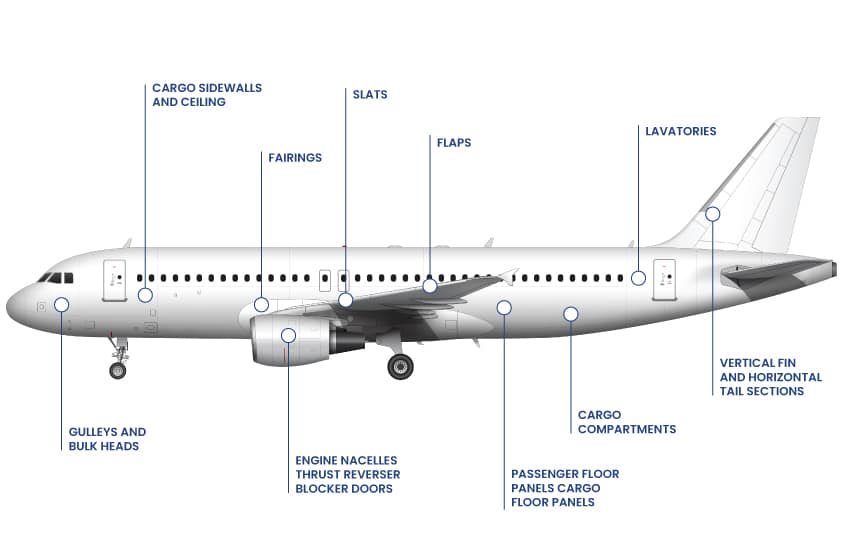
Taking Cargo Liners to New Heights
TGC’s Gillfab® Cargo Panels are a premium alternative to OEM panels, delivering exceptional strength and durability while optimizing weight and cost. As the world’s leading pioneer of cargo liner design, TGC is dedicated to providing its customers with nothing but the best.

